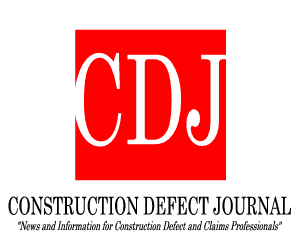
These provisions can have significant implications on the applicable policy and policy limits, retroactive date issues, and whether such claims were first made and reported during a particular policy period.
Professional liability policies often include some form of a “related claims” or “related acts” provision stating that if more than one claim results from a single wrongful act, or a series of related wrongful acts, such claims will be treated as a single claim and deemed first made during the policy period in which the earliest claim was made. These provisions can have significant implications on the applicable policy and policy limits, retroactive date issues, and whether such claims were first made and reported during a particular policy period. Recently, the Ninth Circuit issued a stern reminder of how the particular policy language can effect, and in this case thwart, the intended scope of the carrier’s “related claims” provision.
In Attorneys Ins. Mut. Risk Retention Grp., Inc. v. Liberty Surplus Ins. Corp., 2019 WL 643442 (9th Cir. Feb. 15, 2019), the Ninth Circuit construed a “related claims” provision included in two consecutive lawyers professional liability policies. During both the 2009–2010 and 2010–2011 insurance policy periods, attorney J. Wayne Allen (“Allen”) was insured through his employer by Liberty Surplus Insurance Corporation’s (“Liberty”) professional liability insurance. Third parties filed suit against Allen during the 2009–2010 policy period in a probate case, and a second, related civil suit during the 2010–2011 policy period.
Mr. Taylor may be contacted at jtaylor@tlsslaw.com




